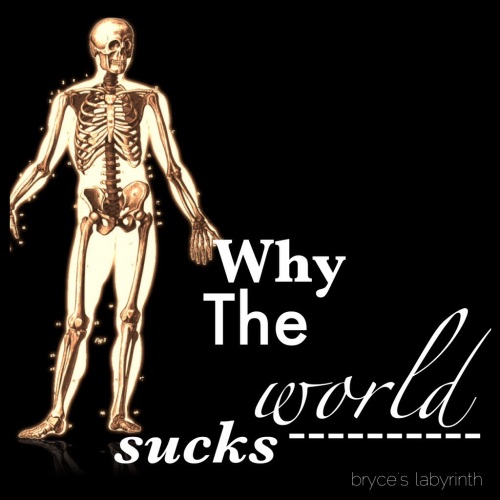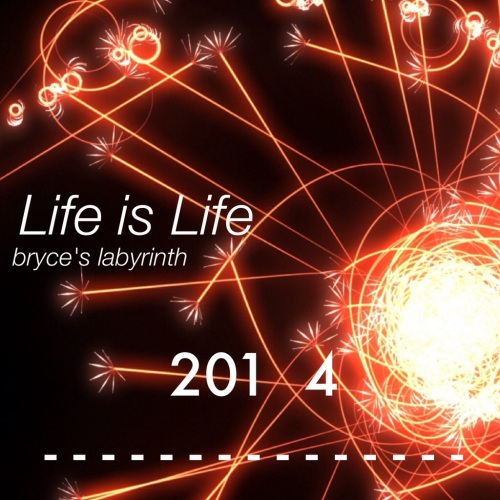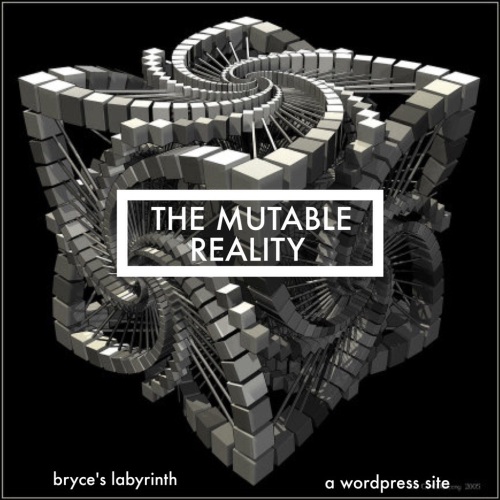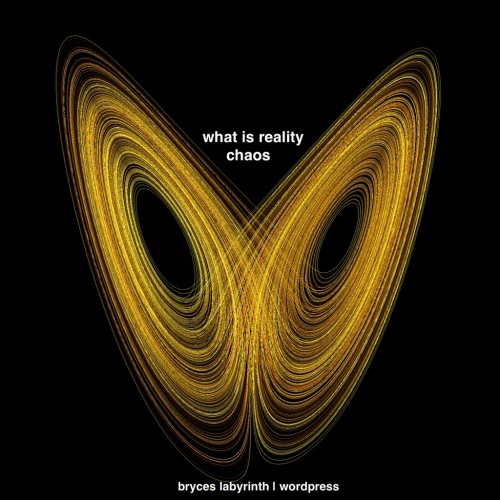Why The World Sucks
Everyday I am assaulted by individuals decrying the state of the world. Both online and in person, the trend is staggering and it does not seem to be slowing up any time soon.
Now, it is facile to look at the world and say, “yeah, things are pretty shitty”, and give credence to the misanthropy pandered by these comrades; however, it is always better to take a closer look at things.
Given how humans process and perceive space and time our observations are generally littered with biases and flawed beliefs. Moreover, given that none of us possess the ability to “go back” and experience other periods in time, we have only primary and secondary accounts of events that we must extrapolate information from. Imagine if 600 years from now the only transcripts they had of the Bolshevik Revolution was from Soviet literature from the 60s? Or imagine if the only source of American history was from the textbooks published in the 80s? At face value this may not seem like anything important, but we have changed our textbooks immensely in the 30 years since the 80s. Communist “history” is rife with hyperbole and nationalism; a “clear” picture would not be established.
The idea that the world is any worse than it was 5, 10, 500, or 5,000 years ago is absolute nonsense. The world has been the world since humans started creating societies. I hear people say, “no one loves like the generations of our grandparents”, yet, taking the time to talk to one’s grandparents renders very intriguing answers. Infidelity was just as real then as it is now. The preponderance may be more salient, simply because of the changes in social normatives, but the deviant behavior that we denounce now has been around since the beginning of recorded history.
This brings me to the entree of this post. Society. One of my favorite books on human nature is The Social Construction of Reality by Luckmann and Berger in which they describe in didactic detail how socialization leads to what we come to call “reality”. Although the “sociology of knowledge is still considered a tenuous pursuit, they do bring to light some very interesting characteristics of human experience. One of these is the tendency for humans to treat society as if it is not a human construct.
Most of us are familiar with the term ’emergence’ or its more fad-ish emanation ‘synergy’. The unifying point in both of these is that the sum is greater than its parts. When two or more things come together they actually create structures that are larger than addition would say so. Social structures then emerge as superstructures as people come together. Examples are education, religion, and legislation, structures that I have traditionally referred to as linear agreements. These structures are not the product of one person nor can any one person come along as change them asymmetrically; they exist as independent realities and are usually treated as such.
Society, the largest of these social structures, is more or less a conglomeration of these agreements and because of its breadth seems to exist independent of any one person. It is by proxy treated as a non-human entity or at best non-individual entity and non-distinct descriptors such as ‘they’, ‘people’, and ‘the man’ become the predominant monikers. Society is constantly evolving, expanding and collapsing per the movements of its constituents, and these changes are mostly imperceptible to individual people; thus, it is quite understandable to get lost in the fray and treat society as a distinct entity from one’s self.
The truest irony is, however, that many of those haranguing the parameters of social health are unaware that they are usually just as likely to carry on in the same behavior as those they criticize. They may not directly engage in the same activities but often in other parts of their lives they are just as ignorant, lascivious, salacious, or parsimonious as the “they” they so love to demonize.
Therein lies the perplexity of reality construction. The limits of human perception are wondrous and no where are they more evident than asking people to make observations about the behaviors of others. It seems to me we all carry a bit of solipsism in us; we are ferociously dedicated to our own fitness since none of us can truly put ourselves into the perceptions of others. Perspective asymmetry is not just about ‘not seeing how one could act like that’ but really its not understanding the underlying cognitions that brought that person to that behavior.
Few of us really take the time to develop the acuity to think through why someone else does what they do. It is much easier to superficially consider their stance then abruptly eviscerate it once their logic no longer satisfies ours. Or, in the same vein, it is much easier to pity someone else’s logic then attempt to find ways to ‘correct’ it, the quintessence of condescension. If people don’t think like us they must be wrong.
Concordantly, human experience is a complicated one as each of us identifies his or her self along hundreds of primary, secondary, and ternary (et all) dimensions. In some moments we are who our culture is then we revert back to saying we’re all human. Sometimes its our sexual orientation or region within our home country. Sometimes is a slang term like “nigga”. Sometimes its our religious affiliation, our alma mater, or the type of family we grew up in. Furthermore, many of the complications don’t just come from the dimensions but the motivations behind us choosing the primacy of one over the other. When asking a black person what they consider themselves you will sometimes hear them describing the frustration with being called ‘African American’ as “Africa” is a continent and we were stripped of our refined locale and tribe when the slaves were brought here. This causes a pointed undertow when attempting to describe society and how one identifies with it.
So, although my mind (translated: preferences) strives for actual unity, actual equality, and actual transcendence beyond trivial dimensions, I know that this feat is much easier said than done. The fact of the matter is, the people that cry out for equality the most are usually the most unequitable people out there. The minorities that look for equality usually hope to achieve it by distrusting the entire “majority” and diminishing their authority. The majorities that claim to accept equality really have no vested interested in relinquishing power. Its a shell game.
Society is more than the sum of its parts, BUT it is wholly dependent on those parts. Institutions gain life by people giving it to them. They are not independent realities; they are absolutely dependent on us. Society is a human construct.
So instead of attaching a detached “they” remember that you are a representative of society. Perhaps the same problems you see in the world have started with you. Have you examined your own bigotry? Have you examined your own charity? Have you celebrated a group of people you don’t belong to? Have you denounced a group you don’t belong to?
You are society. Take a hard look at what that means.
bryce





